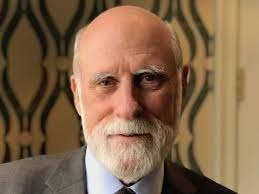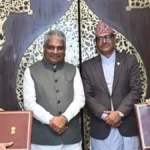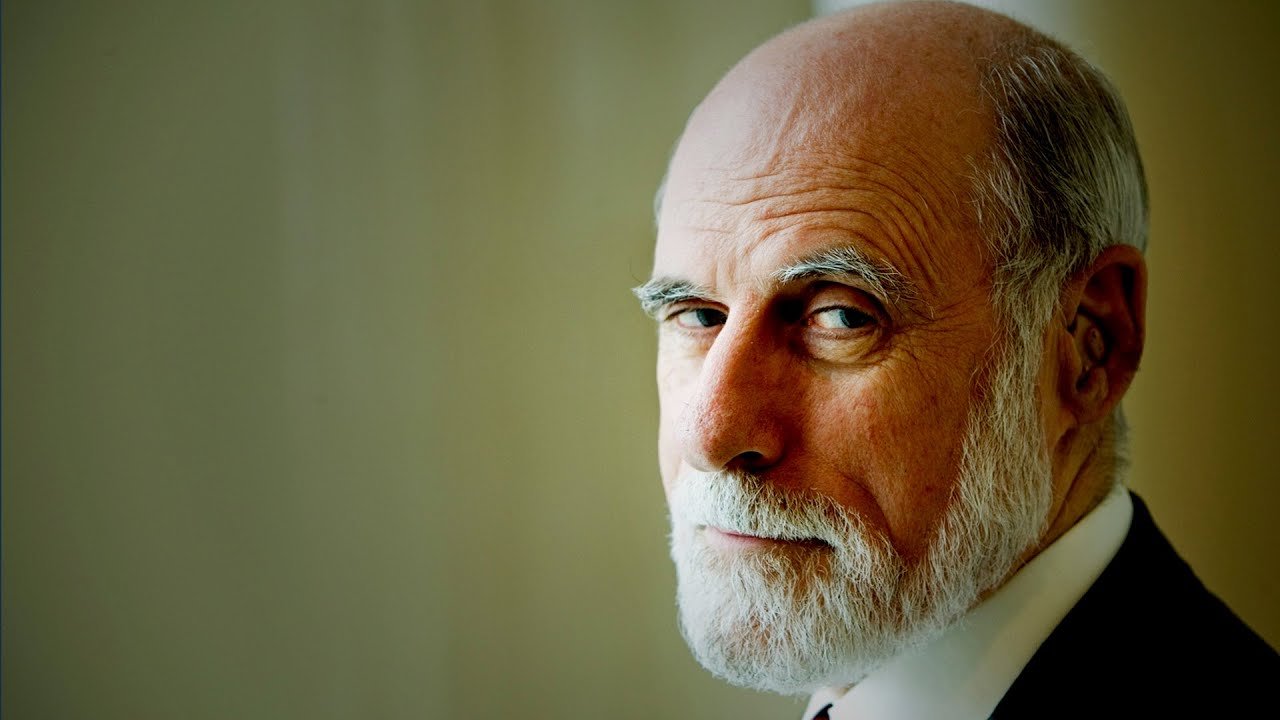Father of the Internet
The internet, an integral part of our daily lives, has revolutionized the way we communicate, work, and access information. But have you ever wondered who is considered the “Father of the Internet”? In this article, we will delve into the significance of this title and explore the historical context and key takeaways related to this important figure.

Why this News is Important
The Visionary Pioneer
The importance of this news lies in recognizing the visionary pioneer who laid the foundation for the global internet as we know it today. Understanding the contributions of the Father of the Internet is crucial for aspirants preparing for various government exams, as it showcases the power of innovation and the impact one individual can have on the world.
Technological Advancements
The news highlights the significant technological advancements that have shaped our modern world. These advancements are not only relevant to technology-related exams but also have broader implications for society, governance, and communication.
Inspiration for Future Innovators
For students aspiring to become teachers, police officers, banking professionals, railway employees, defense personnel, or civil servants, learning about the Father of the Internet can serve as an inspiration. It demonstrates how one person’s dedication and creativity can change the course of history.
Historical Context
The term “Father of the Internet” is often attributed to Vinton Cerf and Bob Kahn. They developed the Transmission Control Protocol (TCP) and the Internet Protocol (IP) in the early 1970s, forming the foundation of the modern internet. Their work at DARPA (Defense Advanced Research Projects Agency) paved the way for a global network of interconnected computers, leading to the birth of the internet.
5 Key Takeaways from “Father of the Internet”
| Serial Number | Key Takeaway |
|---|---|
| 1 | Vinton Cerf and Bob Kahn are considered the pioneers behind the development of the modern internet. |
| 2 | Their creation of TCP/IP protocols enabled data transmission between different networks, forming the basis of the internet. |
| 3 | The internet has become an essential tool for communication, information sharing, and economic development worldwide. |
| 4 | Learning about the Father of the Internet is not only important for technology-related exams but also for understanding the history of innovation and its impact on society. |
| 5 | Aspiring government professionals can draw inspiration from the dedication and contributions of Vinton Cerf and Bob Kahn, emphasizing the importance of visionary thinking and technological progress. |
Important FAQs for Students from this News
Q1: Who are Vinton Cerf and Bob Kahn, and why are they called the Father of the Internet?
A1: Vinton Cerf and Bob Kahn are renowned for developing the Transmission Control Protocol (TCP) and the Internet Protocol (IP) in the early 1970s. They are considered the Father of the Internet because their work formed the foundation of the modern internet.
Q2: Why is it important for government exam aspirants to know about the Father of the Internet?
A2: Understanding the contributions of the Father of the Internet is crucial as it demonstrates the power of innovation and its impact on society, making it relevant for various government exams.
Q3: What is the historical context behind the development of the internet?
A3: The internet’s development is attributed to Vinton Cerf and Bob Kahn, who created TCP/IP protocols, enabling data transmission between different networks. Their work began at DARPA and laid the groundwork for today’s internet.
Q4: How has the internet influenced various sectors relevant to government exams?
A4: The internet has transformed communication, information sharing, and economic development worldwide. It is vital for technology-related exams and provides insights into innovation’s history and societal impact.
Q5: What can aspiring government professionals learn from the Father of the Internet’s contributions?
A5: Aspiring professionals can draw inspiration from Vinton Cerf and Bob Kahn, emphasizing visionary thinking and technological progress, which are valuable qualities in various government positions.
Some Important Current Affairs Links

















